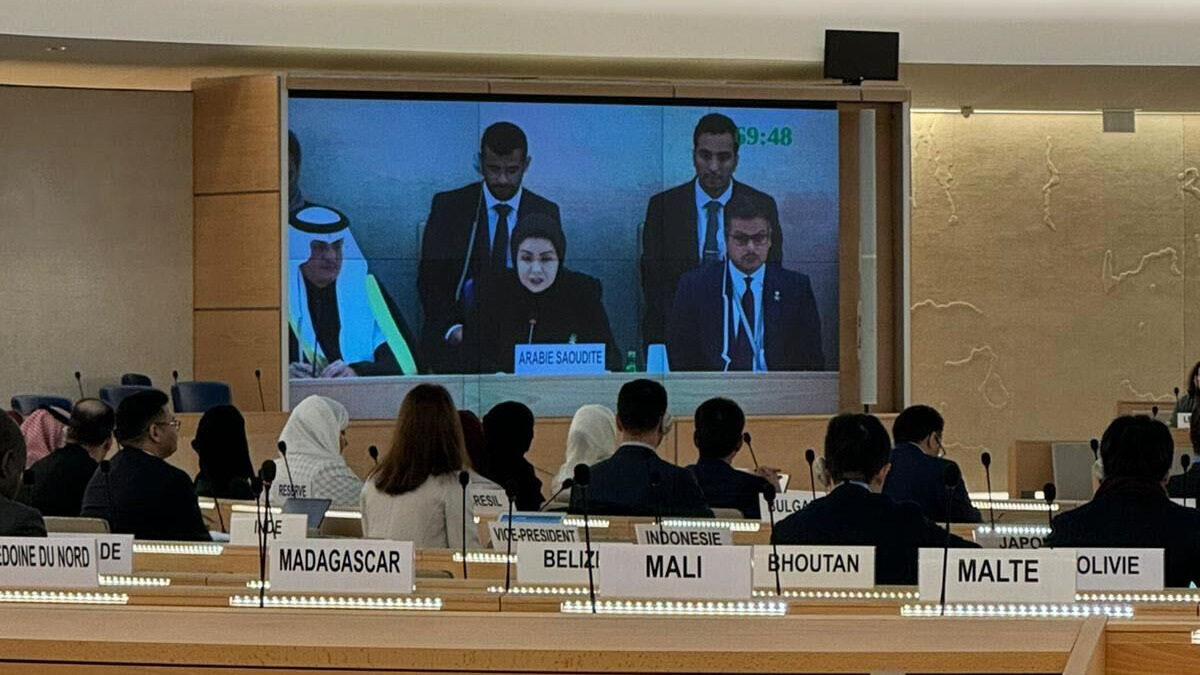On 22 January 2024, Saudi Arabia received a review of its human rights record in the country’s fourth Universal Periodic Review (UPR). This mechanism is characterised by a peer review by other UN member states suggesting how to improve the respect of human rights in light of the country’s international obligations. The government has received 354 recommendations from 135 states calling for reforms in different sectors, including freedom of expression, abolishing the death penalty, protecting migrant workers’ rights and eliminating discrimination against women. Consequently, Saudi Arabia must notify the HRC of which recommendations it accepts or rejects during the 56th Human Rights Council (HRC) session in June-July 2024.
Among these recommendations, critical ones are about the freedom of expression in Saudi Arabia. The country has received 21 recommendations on the topic; for example, Ghana recommended promoting online and offline freedom of opinion according to international human rights law standards. In addition, Switzerland recommended to amend the Basic Law and the Anti-Cyber Crime Law to align with the global standards of freedom of expression.
On the other hand, the president of the Saudi Human Rights Commission (SHRC), Ms Hala al-Tuwaijri, declared that freedom of opinion and expression is enshrined in the constitution and that the claims of the individuals are duly examined in courts or by the SHRC itself. Also, the restrictions on media use follow the purpose of maintaining public order. In reality, authorities have discretionary powers to determine what speech harms the country. This is possible through over-restrictive interpretation of the Constitution and the role of special courts.
In this sense, an alarming trend has been the brutal repression of the use of social media. Amnesty International reports that in 2022, there have been at least 15 arrests. In addition, Saudi Arabia has hacked at least one social media company to obtain information about dissidents in the country unlawfully. The body responsible for the prosecutions is the Specialized Criminal Court (SCC), initially set up for terrorism cases. Progressively, the SCC started to emit vague anti-cybercrime laws that heavily repressed individuals’ freedom of expression. Adding upon this, the SCC has been documented to be responsible for human rights violations in every stage of their judicial process.
Another report by Amnesty International underlines that the repression of the freedom of expression affects more sectors of society. In particular, it is common for human rights defenders in exile to be subject to retaliation when speaking about the country’s violations. Generally, the main issue with freedom of expression is that Saudi Arabia depicts every expression not in line with the government’s actions as an act of terrorism. This argument is confirmed by the grossly unfair trial of Abdulla al-Derazi and Jalal Labbad in 2023. The accusations were flawed by false charges and forced confessions through torture.
The development of the freedom of expression in Saudi Arabia is deeply concerning. The Saudi Human Rights Commission (SHRC) often makes false promises about the functioning of the Saudi criminal system. In 2023, they declared that the government abolished the application of the death penalty for ta’zir crimes. In the meanwhile, Abdulla al-Derazi and Jalal Labbad were sentenced to the death penalty while being under eighteen. Under these premises, it is possible to say that the SHRC is merely a tool of the government to whitewash the human rights in the country. In addition, there are systematic strategies of repression under the disproportionate premise of maintaining state order and combating terrorism. Considering these critical issues, it is foreseeable to predict that new gross cases of violations of the freedom of expression will happen. The key areas to monitor and advocate are the working methods of the SCC and the request for reform of the anti-cybercrime law.





